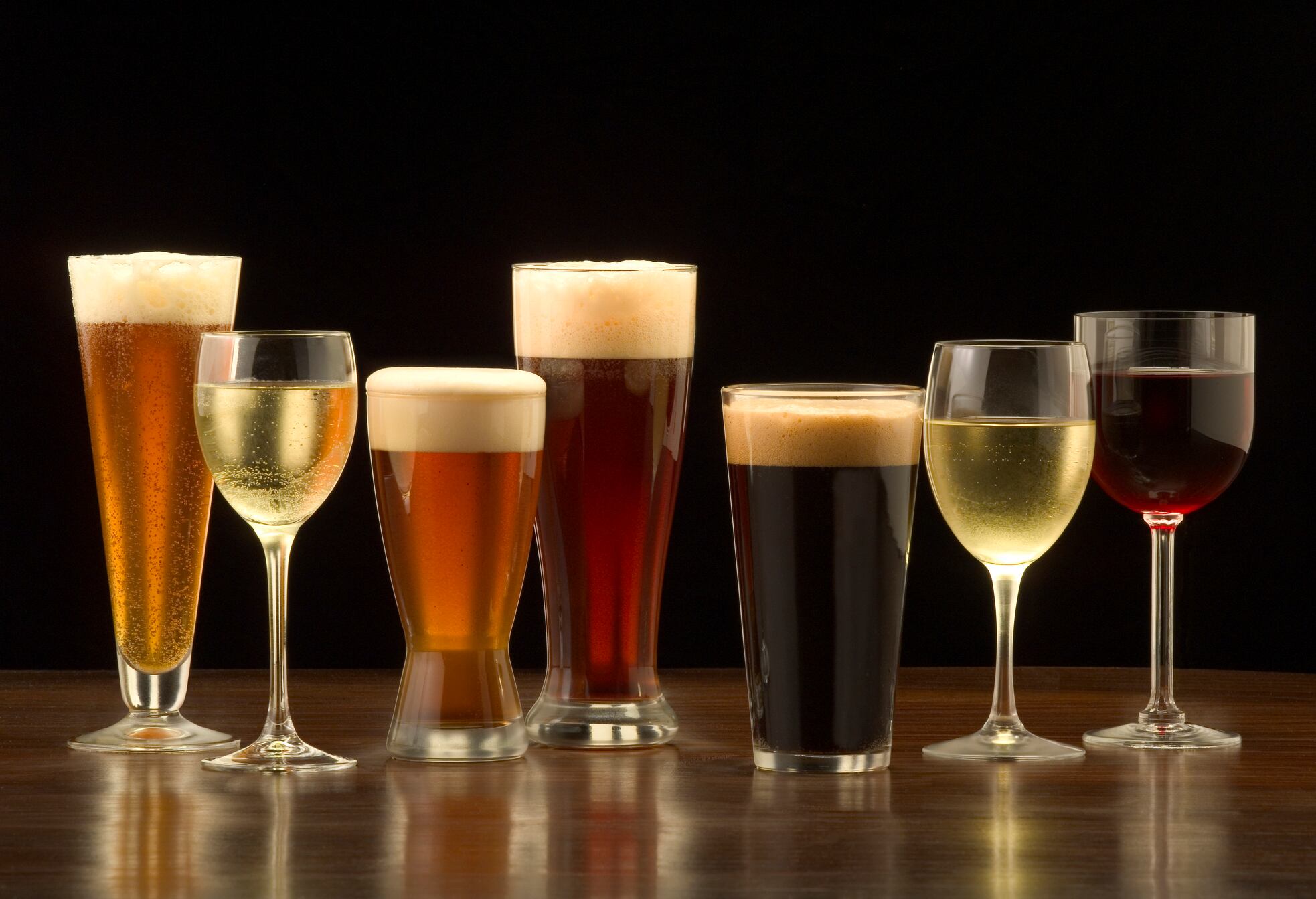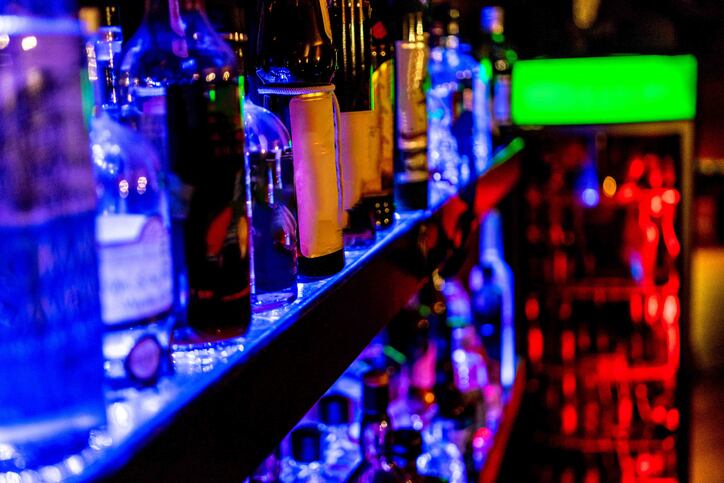Think tank the Social Market Foundation believes in fair markets, prosperity and helping people to live well. Such ambitions are a reoccurring theme in the recommendations outlined in its recent ‘Pour Decisions’ report. This proposes five ways for revising the UK’s alcohol duty regime with the view to improving public health. The main focus being that the stronger a drink is, the more tax it should incur. The theory is that this will inflate prices and deter purchasing of higher ABV drinks.
The Foundation suggests Britain’s departure from the European Union provides the chance to realise such an opportunity. The removal of EU Directives in a post-Brexit era should allow UK Government to overhaul taxes and introduce a duty strength escalator, scaling taxes according to the alcohol volume of a drink.
Recommendations from the report also call for a ‘pub relief’, where licensed premises can claim back a portion of duty. The notion being more responsible drinking occurs in on-trade venues and relief could help landlords who are struggling with high overheads and crippling taxes. Current EU rules mean it isn’t possible to scale duty according to whether alcohol is sold in the off- or on-trade.
The report also outlines the need to create more of a level playing field, where drinks of the same alcohol strength face the same rate of duty. The Foundation believes duty should be a function of the pure alcohol content of drinks, rather than the volume of the final product. They suggest this would help simplify the alcohol duty system.
I don’t doubt such recommendations would simplify and improve the UK’s current alcohol duty regime. The key to this though is the latter point about a level playing field and duty being applied to alcohol content, rather than the volume of a drink. Forget Brexit when considering whether such changes are possible – Britain leaving the EU will not affect this.

In last year’s Budget, the Chancellor of the Exchequer used smoke and mirrors for his alcohol duty announcements. He filled the headlines with a freeze on taxes on beer, cider and spirits to help save British pubs, and effectively buried a complex change to how duty is applied to drinks made from concentrate. This means that from April 2020, many British-made lower-alcohol drinks like Ready To Drinks (RTDs) and low-strength wines will be taxed according to their final volume of liquid.
Currently, drinks made from concentrate are taxed at the fermentation stage and before dilution takes place. The change in policy will see duty applied once dilution has been completed, when there’s a higher volume of liquid applicable to tax. This will increase the overall price per litre.
Such a move is likely to encourage consumers to switch from lower-priced, lower-strength RTDs to cheaper higher-strength drinks. For example, the ABV of VK, one of the UK’s best-selling RTDs, is 4%. Changes to dilution duty could see the price per bottle increase by about 20 pence, while fortified wines like Port and Sherry with ABVs of around 15% - 20% and Buckfast (15% ABV) will see no increase in duty and selling-price. These changes from April next year are UK Government policy and not determined by the EU. They will not align with recommendations for a duty strength escalator.
The Social Market Foundation’s recommended changes to alcohol duty seem logical and I welcome their calls to overhaul alcohol taxes. However, Brexit will not produce a silver-lining to achieve this. The Government’s forthcoming change to dilution duty contradicts its own alcohol strategy. This must be addressed before we can even consider getting to a level playing field for the application of duty.
Global Brands: In the UK off trade, Global Brands’ drinks are stocked by the majority of the country’s major multiple grocery retailers, convenience stores, premium retailers, and cash and carries. The company is also a leading supplier of drinks to the UK on trade, with its drinks sold in many of the UK’s major high street bar chains, hotel operators, late night venues and large regional brewers. Its brands include premium tonics, mixers and soft drinks Franklin & Sons; and alcoholic soda the Crooked Beverage Co. Beyond the UK, Global Brands' drinks are sold in 69 countries.


